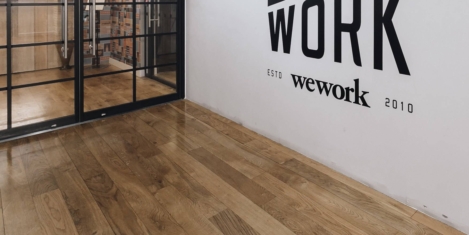August 31, 2015
BSI revises design and construction standard for facilities managers 0
 BSI, the UK based organisation responsible for developing and publishing standards for businesses, has revised BS 8536-1 Briefing for design and construction: Code of practice for facilities management (Buildings infrastructure). The standard has been included in the Level 2 BIM package which the Government expects companies to offer when tendering for Government contracts. The standard has now been brought into line with the principles of the Soft Landings Framework and Government Soft Landings (GSL) post occupancy evaluation and BIM requirement. Soft landings is designed to enable the transition from design and construction into operation. It advocates collaboration during briefing, design, construction and handover between the design and construction team and the operator, operations team or facilities manager.
BSI, the UK based organisation responsible for developing and publishing standards for businesses, has revised BS 8536-1 Briefing for design and construction: Code of practice for facilities management (Buildings infrastructure). The standard has been included in the Level 2 BIM package which the Government expects companies to offer when tendering for Government contracts. The standard has now been brought into line with the principles of the Soft Landings Framework and Government Soft Landings (GSL) post occupancy evaluation and BIM requirement. Soft landings is designed to enable the transition from design and construction into operation. It advocates collaboration during briefing, design, construction and handover between the design and construction team and the operator, operations team or facilities manager.



































June 30, 2015
Settings, silence, serendipity, wellbeing and other lessons from Neocon
by Paul Goodchild • Comment, Events, Furniture, Workplace design
More →